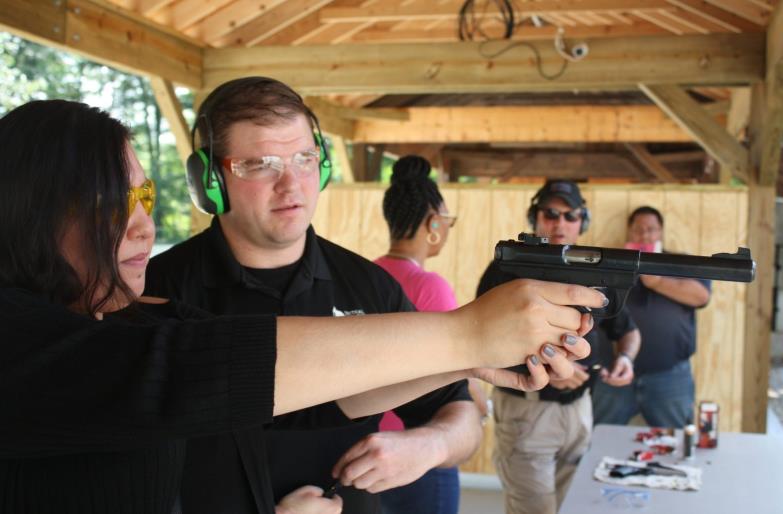Selecting a firearm for personal protection is a significant decision that requires careful consideration of various factors. Whether you are a first-time gun owner or an experienced shooter, choosing the right firearm is crucial for ensuring your safety and the safety of those around you. In this article, we will explore the top five considerations to keep in mind when choosing a firearm for personal protection.
Purpose and Intended Use
Before purchasing a firearm, it’s essential to clearly define the purpose and intended use. Personal protection needs may vary, ranging from home defense to concealed carry. Understanding the specific scenarios in which you plan to use the firearm will guide your choice. For home defense, a larger and more powerful handgun or shotgun might be suitable, while a compact and easily concealable handgun could be ideal for everyday carry. Consider your lifestyle, daily activities, and the legal regulations governing firearm use in your area.
Firearm Caliber
The caliber of a firearm refers to the internal diameter of the gun barrel and the size of the ammunition it can accommodate. Choosing the right caliber depends on factors such as recoil tolerance, ease of control, and stopping power. When exploring firearm options, retailers like Natchez offer a variety of calibers for personal protection, including popular choices such as 9mm, .40 S&W, and .45 ACP for handguns. Each caliber has its advantages and considerations, and it’s crucial to test and evaluate different options to determine what is most comfortable and effective for you.
Ergonomics and Comfort
The ergonomics of a firearm play a significant role in both comfort and accuracy. A firearm that feels comfortable in your hands and is easy to operate can make a substantial difference in a high-stress situation. Consider factors such as grip size, trigger reach, and overall weight. Many firearms offer adjustable grips or interchangeable backstraps to accommodate different hand sizes. Take the time to handle various models, considering how they feel in your hand and whether you can easily manipulate the controls under different conditions.
Reliability and Durability
Reliability is paramount when selecting a firearm for personal protection. The last thing you want is a malfunction in a critical moment. Research the reputation of different firearm models for their reliability and durability. Look for reviews from reputable sources and consider the experiences of other gun owners. Regular maintenance is also essential for keeping any firearm in optimal working condition, so factor in your willingness and ability to perform routine cleaning and maintenance.
Training and Skill Level
No matter how advanced or powerful a firearm may be, your ability to use it effectively depends on training and skill. Consider your level of experience with firearms and your commitment to ongoing training. If you are a novice, opting for a firearm with user-friendly features and controls is advisable. Attend firearm safety courses and seek professional instruction to develop proper handling and shooting techniques. Regular practice at the range is crucial for maintaining and improving your shooting skills, ensuring that you are prepared and confident in handling your chosen firearm.
Conclusion
Choosing a firearm for personal protection is a significant decision that requires a thoughtful and informed approach. By considering the purpose, caliber, ergonomics, reliability, and your training level, you can make a well-informed decision that aligns with your specific needs and circumstances. Remember that responsible firearm ownership involves ongoing education, adherence to safety guidelines, and compliance with local laws. Ultimately, the right firearm, combined with proper training, contributes to a comprehensive personal protection strategy.


